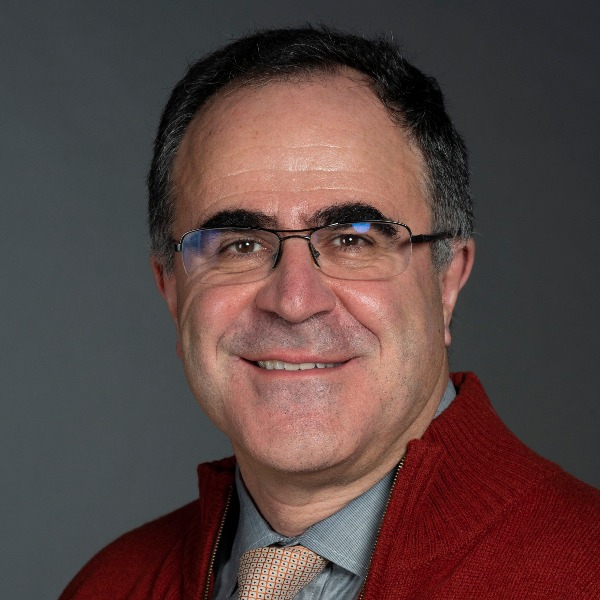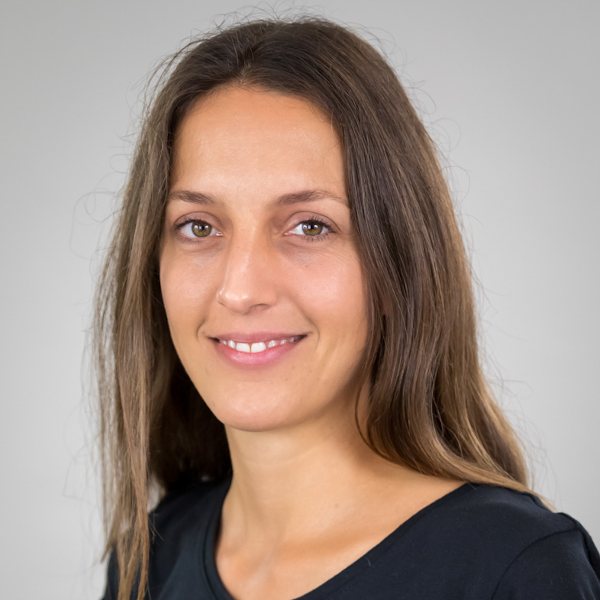The Master programme in “Social Sciences, with a specialization in Migration and Citizenship” at the University of Neuchâtel (Switzerland) is a two-year master with a strong interdisciplinary focus, headed by the Swiss Forum for Migration and Population Studies (SFM) in collaboration with the Centre for Migration Law (CDM) and other experts of the Centre for the Understanding of Social Processes (MAPS). In its perspective on migration, mobility, citizenship and its political, economic and social consequences the program combines the disciplinary perspectives from sociology, history, geography, anthropology, political science, law, educational science and psychology. Students are trained in critical and comparative approaches deriving from different disciplines. They are introduced to theoretical concepts and qualified in the mobilization of methodological tools to conduct their individual empirical research, a 30 ECTS Master Thesis. The SFM is an unique, internationally oriented University institute uniting academics active in research and teaching. It coordinates the National Center of Competence in Research nccr–on the move (nccr-onthemove.ch), a network of research teams from seven Swiss universities, organizing series of public lectures and research workshops. Students are welcome to join public events.
For further information, please see http://www.migration-population.ch/sfm/home.html
Specialization
Incoming EuMIGS Double Degree-students will follow a specialization in ‘migration and citizenship’. They will be trained in critically exploring mobility and migration processes as well as the contested socio-economic and political inclusion of mirgrants in contemporary Europe. These topics are closely linked with the organizational shape of nation-states and the EU.
Specific foci within the programme include:
- International migrations and mobilities and their institutional structures
- Migration policies in a comparative and historical perspective
- Different dimensions of inclusion and exclusion of migrants
- Populism and the migratory challenge
- Comparative European asylum policies
- Transnationalism and diaspora studies
- Gender and migration
- Migration and religion
- Borders, securitization and the mobility regimes
- The welfare state and its inclusive / exclusive capacities
For more specific information on the profile of the migration master programme, please visit http://www.migration-population.ch/sfm/home/formation/master-en-migration-et-citoyenne.html
Tentative course program for the semesters 3 and 4
EuMIGS-students will be offered the following courses which are also attended by local UNINE students:
Semester 3 and 4 (= 30 ECTS)
- Democracy and the migratory challenge: Historical and political perspectives (5 ECTS)
- Rights to have rights? Transformation of liberties and rights in times of mobilities (5 ECTS)
- Xenophobia (5 ECTS)
- Asylum policy (5 ECTS)
- Biopolitics and Biopower: The Body in the Migration Regime (5 ECTS)
- Queering Social Science: Categorizations, politics, power (5 ECTS)
- "Trans": Crossing racial, ethnic, national, sexual and class boundaries in historical-comparative perspective (6 ECTS)
Each course has its own evaluation procedure, but usually a paper (15-20 pages) is demanded.
The full course programme can be found here: and http://www10.unine.ch/descriptifs/faculte-des-lettres-et-sciences-humaines/masters/master-en-sciences-sociales/migrations-et-citoyennete/
MA Thesis (= 30 ECTS)
- The MA Thesis can already start in Semester 3.
Master thesis and examination requirements
EuMIGS-students will be offered all courses necessary to gain the credits and conditions for a formal admission to their master thesis and examination. These are the formal requirements for the process:
Students apply for admission stating their selected thesis topic and their suggestions for two supervisors one from home and host university each.
One supervisor is required to be a member of the University of Neuchâtel, one of the two supervisors must be a professor, the other has to hold a PhD. The final topic is laid down in agreement with the hosting supervisor. Both supervisors agree on a final grade with regard to the MA Thesis.
Supervisors and their scientific collaborators are expected to help the students refining their research topic and methodology and deciding what sources and literature need to be used; they offer advice in the analysis and interpretation of the data, review the student’s work, and provide him/her with feedback that allows improving it.
Both supervisors lay down the date for the submission of the master thesis and the final oral examination. As a rule, the thesis is assessed by the supervisors within six weeks after its submission. A public defence is hold by both supervisors at the Home Institution at a convened date according to the study regulation of the Home Institution. A copy of the thesis has to be delivered at both Universities.
Admitted languages in written papers are: French, German, Italian and English (depending on language proficiency of the supervisors).
In case a thesis is assessed with a “fail”, the examinee is entitled to resubmit its thesis a second and last time.
The following table shows the UNINE-scale for final grades:
| Grades | English grade description |
|---|---|
| 6 | outstanding |
| 5.5 | excellent |
| 5 | very good |
| 4.5 | good |
| 4 | satisfactory |
| <4 | fail |
University of Neuchâtel in a nutshell
The University of Neuchâtel is the smallest Swiss university. It offers a wide choice of Master programmes, offering direct contacts between students and staff. With less than 5000 students, UniNE is the appropriate scientific location for learning and exchanging ideas on migration and mobility studies. The town of Neuchâtel offers several employment opportunities for students who wish to find a student job (restaurants, hotels, cinemas, library etc.; max. 15h/week) during their stay.
Fees
Administrative fee of 90 CHF
Language requirements
- B2 in the study language (English or French)
Application deadlines
- 30 April: Application deadline for the Master in Social Sciences, with a specialization in Migration and Citizenship
- Mid-December: Application deadline for the EuMIGS programme (only for students already enrolled in the Master)
For more admission details and practical information, please see https://www.unine.ch/mobilite/en/home/incoming-students/european-exchanges-erasmus.html
Contact and further details
EuMIGS academic coordinators:

Prof. Gianni D’Amato
Swiss Forum for Migration and Population Studies

Lisa Stalder
Swiss Forum for Migration and Population Studies
EuMIGS administrative contact:
Marie-France Farine
International relations
